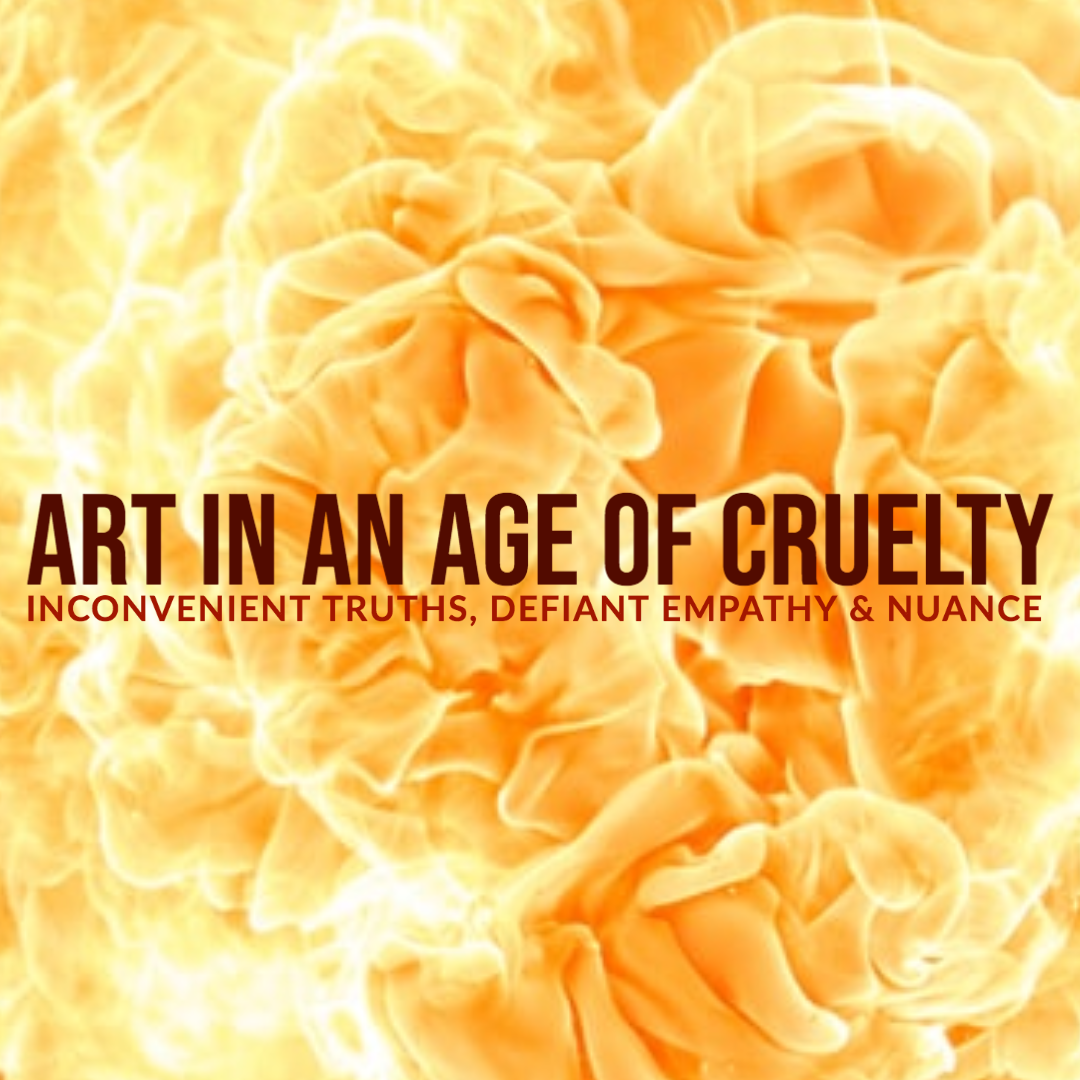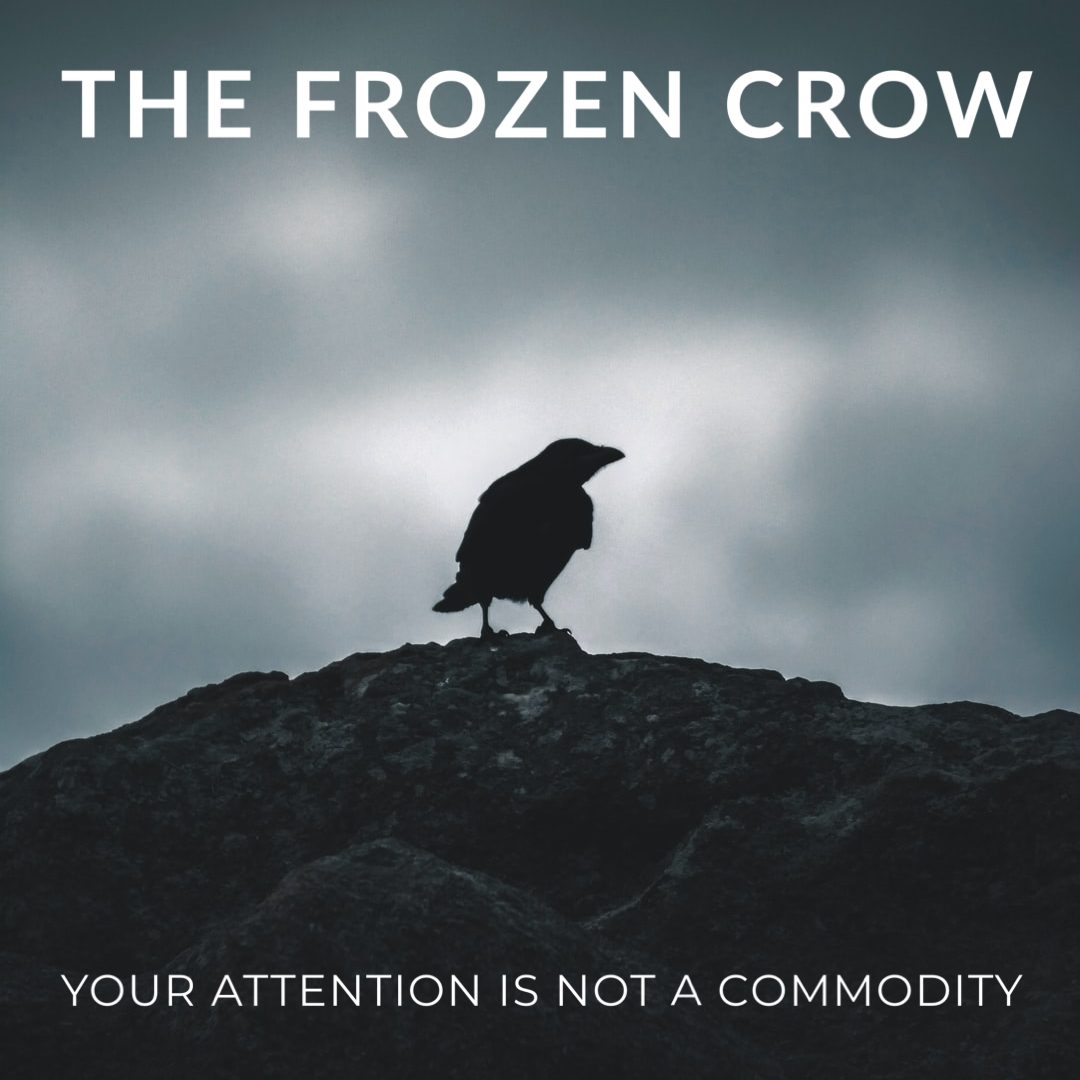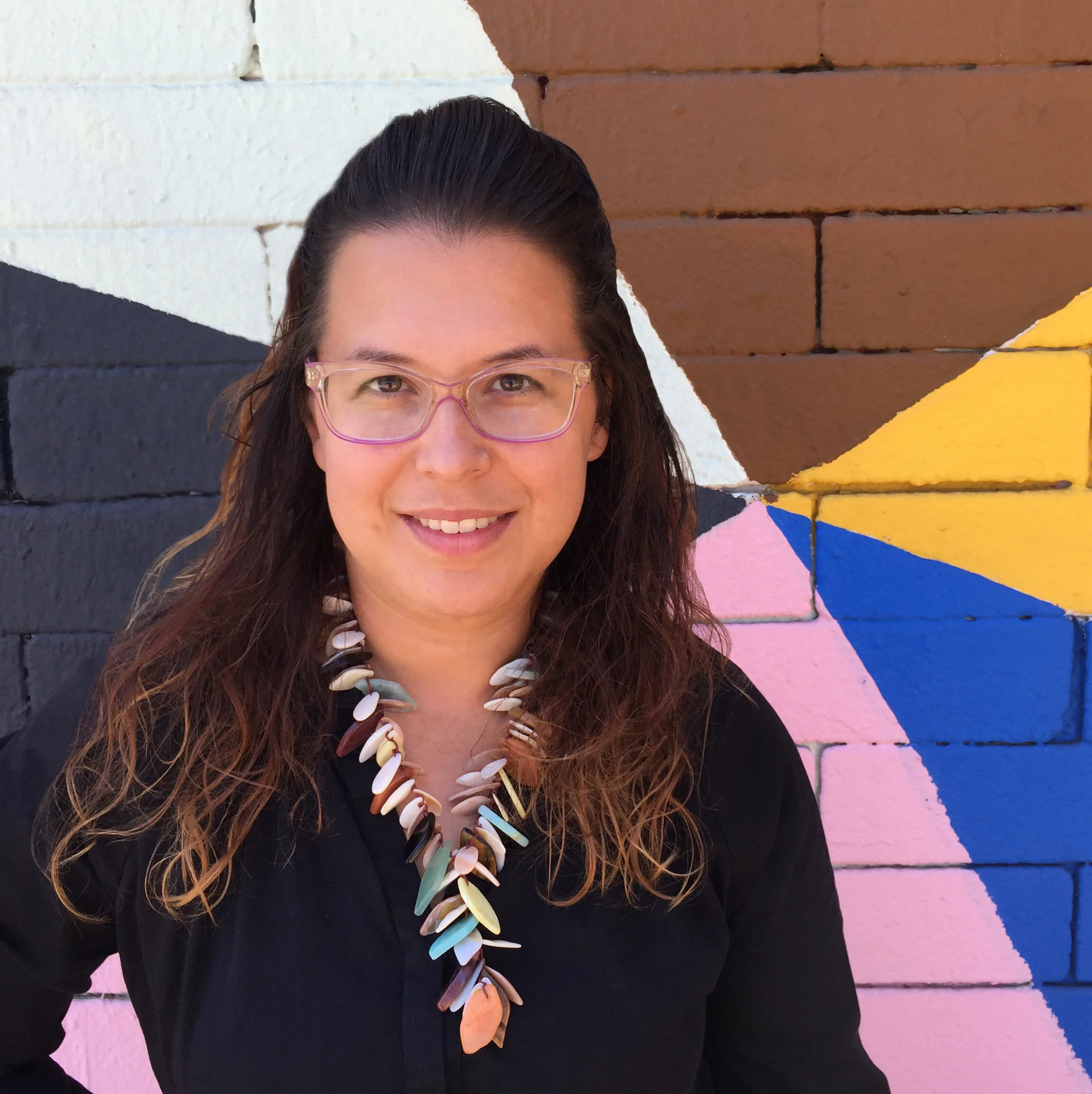Monalisa Arias
Monalisa Arias is an unstoppable force. She seems never to have met an immovable object she can’t get past, be it over, under or straight through. She is a musician, actor and fight director deeply rooted in the physical — breath, movement, posture. Trained at the London Drama Academy and the College of William & Mary, Arias worked in the Washington, DC theatre community for several years before returning to her Panamanian roots.
In Panama, Arias is a member of the pop duo Monalisa y Rodrigo, who have released two albums, won the Ibermusicas Award for best song and represented Panama at the 12th International Song Contest in Uruguay. She is active in theatre as a fight director, acting teacher and actor. Her most recent project was a taping of the play Cristo Quijote Tratado, which will air on Panamanian television in early October.
People who are unstoppable forces make what they do look easy, but it never is. It’s always hard-won. Our conversation with Monalisa Arias was an unexpected masterclass in discovering your voice, owning it and championing it.
“What I'm doing across all of the disciplines that I engage in is truth hunting. It's like being a bloodhound for the truth. For authentic expression.”
For Arias, returning to Panama from the states was an opportunity not only to bring her experience and expertise to bear for a new cultural audience, but also to begin living life fully as herself.
“When I was in DC. I was leading a double life,” she says. “In my work, I was a great truth pursuer … But in my personal life, because of a lot of how I grew up kind of obscuring truth, I was a liar. I didn't come out to my parents for the longest time and … I couldn't move forward. And now, especially when I came home, I put myself on a fast track to move forward as quickly as possible. I cut my hair. I got tatted up and I came out to my parents … and it's not always a positive outcome, but a more truthful one — to just feeling more aligned with myself. So the more aligned I become with me, the better I am then at helping other people align themselves.”
Monalisa is best known in Latin America as half of the musical duo Monalisa y Rodrigo. She and Rodrigo Sánchez create breezy, smart acoustic-driven indie pop that catches the ears of critics and audiences alike. They’ve released two albums and won acclaim for their songwriting from Ibermusicas (which promotes music throughout Spanish- and Portuguese-speaking nations) as well as making it to finalists in the International Song Contest and the John Lennon Songwriting Contest.
Typically, Sánchez writes the majority of the duo’s songs, but in the years since her return to Panama, Arias’ confidence as a writer and advocate of her own voice has grown. “He writes 80 to 85% of our material and he's like, ‘please write more,’” Arias explains. “My self-saboteur comes out with writing … writing from your imagination is a privilege. When I write, I write about my alcoholic father, I write about being a woman walking down the street getting wolf-whistled, I write about being gay and loving my partner. I write from these deeply personal things that I feel needs to be understood and kind of masticated in the world. So that's a different perspective, and I think that perspective needs to be heard.”
Arias and I worked together on two plays during her Washington, DC. On both, she served as fight director. I experienced firsthand just how present and physically rooted Monalisa is. All of her work, from acting to songwriting, comes from a stillness that is more coiled energy than calm. “These tools bring you into better alignment with yourself,” she says. “Standing up straight and being aligned and grounding your feet and opening your mouth and breathing allows you to be more in touch with yourself.”
Singers and actors know well the importance of breath. The year of COVID continually reminds us of how fortunate we are to have it. This summer, Monalisa’s mother battled COVID, and her grandmother passed from complications likely due to COVID. Arias vividly remembers getting the call about her grandmothers’s passing.
“I remember I was in the shower when my mother called,” she says. “And the way she told me she had passed was, ‘I think she stopped breathing,’ which is such a different way to hear it. ‘I think she stopped breathing.’ Because for me … the breath is everything. The breath is the building block. In my work I’m so focused on the breath and what it is to flow with the breath, and when the breath doesn't move, when it doesn't flow, the audience holds their breath. When you breathe and they breathe. This connection, right? So I race to get over there, and it's like, I could still feel her soul in the air, and it's when the breath leaves the body. There's the suspension of the soul in the air … really the breath connects it all. When the breath leaves is a beautiful transition. We spend our lives harnessing, understanding, working with this breath and then it ends.”
This physical grounding that runs throughout all of Monalisa’s work is a tangible tie to authenticity. If the body doesn’t lie, it’s more difficult for the mind to lie. Or the heart.
“What I'm doing across all of the disciplines that I engage in is truth hunting,” she explains. “It's like being a bloodhound for the truth — for authentic expression … When I’m directing or acting coaching, I'm working with actors to take out the noise, and take up the stuck energy. Where is the energy stuck? Which is also very personal thing, actors being in their body or performance being in their body. We have habits. Sometimes, granted a very psychological basis, so it's like sometimes with people I become their therapist a little bit … If it's in a performance aspect to get them to go physically where they need to go to perform to do the character, or to become vulnerable. I'm a bloodhound for the truth.”
This constant quest for authenticity and truth is the core of her work, and she wants to share it with everyone.
“It's my hope that people that I work with get a little bit closer to their authentic selves … it's my hope that my work in the world allows people to be a little bit more of their authentic self, you know? And then, little by little, the world becomes a more authentic place.”






